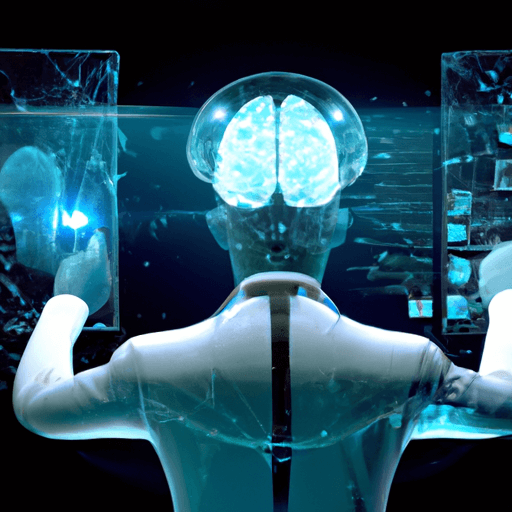How Artificial Intelligence is Changing Healthcare
Artificial intelligence (AI) is rapidly transforming the healthcare industry. AI-based technologies are being used to improve patient care and reduce healthcare costs. AI can be used to automate administrative tasks, diagnose diseases, and even perform complex medical procedures. In this article, we will discuss how AI is being utilized in healthcare, what challenges it presents, and how it may improve the overall quality of patient care in the future.
How AI is Being Utilized in Healthcare
AI is being used in healthcare in a variety of ways, from automating administrative tasks to diagnosing diseases. AI can be used to automate mundane administrative tasks, such as filling out forms and scheduling appointments, freeing up time for clinicians to focus on more important tasks. AI is also being used to analyze medical images and diagnose diseases more accurately than ever before. AI-powered robots are helping to perform complex medical procedures, such as surgery, with greater precision and accuracy. Finally, AI is being used to provide personalized treatments based on a patient's medical history and genetic makeup.
Challenges Presented by AI
There are several challenges associated with the use of AI in healthcare. For example, AI-based systems require large amounts of data in order to be effective, which can be difficult to obtain in a healthcare setting. Additionally, AI-based systems require significant amounts of computing power, which can be expensive to acquire. Finally, there are ethical and legal considerations to take into account when utilizing AI in healthcare, such as privacy and data security.
Improving Quality of Patient Care
AI has the potential to improve the overall quality of patient care in the future. AI-powered technologies can provide clinicians with more accurate diagnoses and treatments, which can lead to better health outcomes for patients. AI-powered robots can also help to reduce the risk of human error during medical procedures. Finally, AI can help to reduce healthcare costs by automating administrative tasks and streamlining medical processes.
Conclusion
AI is rapidly transforming the healthcare industry, providing clinicians with the tools they need to provide more accurate diagnoses and treatments. AI-based systems can automate mundane administrative tasks, analyze medical images, and even perform complex medical procedures. However, AI comes with its own set of challenges, such as the need for large amounts of data and significant computing power. Despite these challenges, AI has the potential to improve the overall quality of patient care in the future. It can help clinicians to diagnose diseases more accurately and provide personalized treatments to patients.



















Comments
Leave a Comment